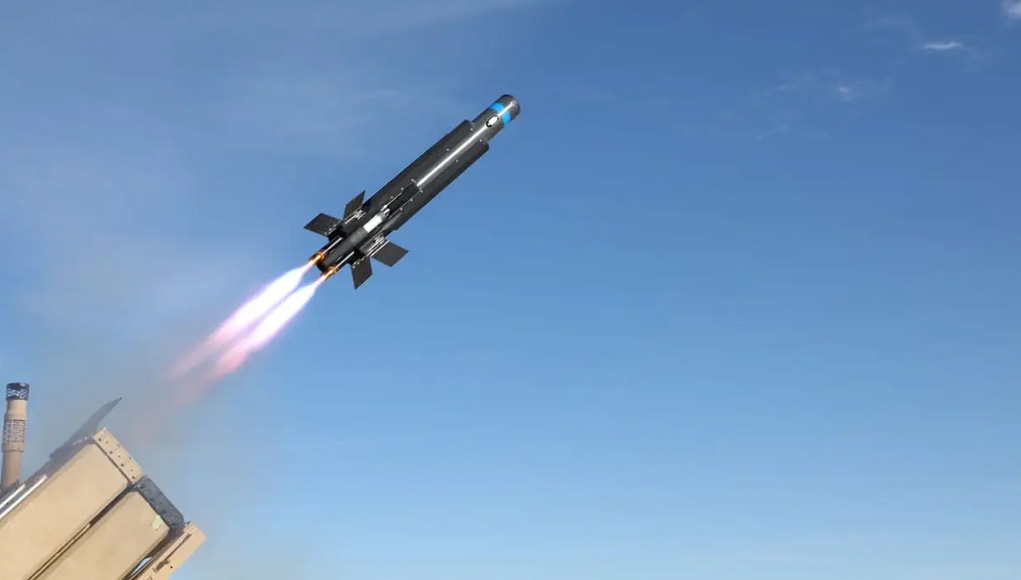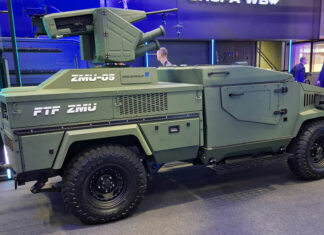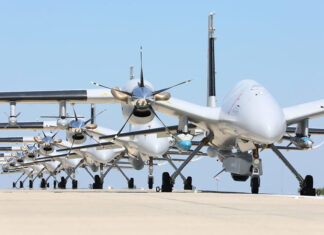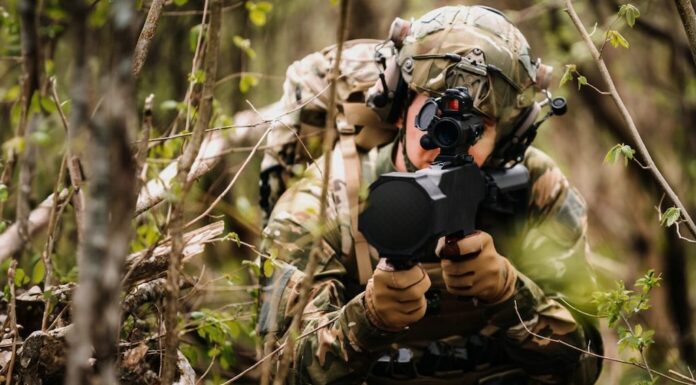Qatar has finalized a $1 billion defense agreement to acquire Raytheon’s Fixed Site Low, Slow, Small Unmanned Aircraft System Integrated Defeat System (FS-LIDS), becoming the first international operator of this U.S. counter-drone architecture. Announced on May 14, 2025, the contract covers ten FS-LIDS installations, 200 Raytheon Coyote Block 2 interceptors with launchers, and a comprehensive suite of training and support services to maintain system readiness and effectiveness.
FS-LIDS integrates layered detection and defeat capabilities to address small, low-flying UAS threats. Its sensor suite combines Ku-band Radio Frequency System (KuRFS) and AN/TPQ-50 radar for precision detection, augmented by electro-optical and infrared (EO/IR) cameras for target tracking and identification under diverse environmental conditions. On the effector’s side, the system employs electronic warfare tools to disrupt drone control signals non-kinetically, alongside the Coyote Block 2 jet-powered loitering munition for physical interception of drones in flight. Data from all sensors and effectors is consolidated through the Forward Area Air Defense Command and Control (FAAD C2) system, providing operators with a unified situational picture and engagement options tailored to the threat.
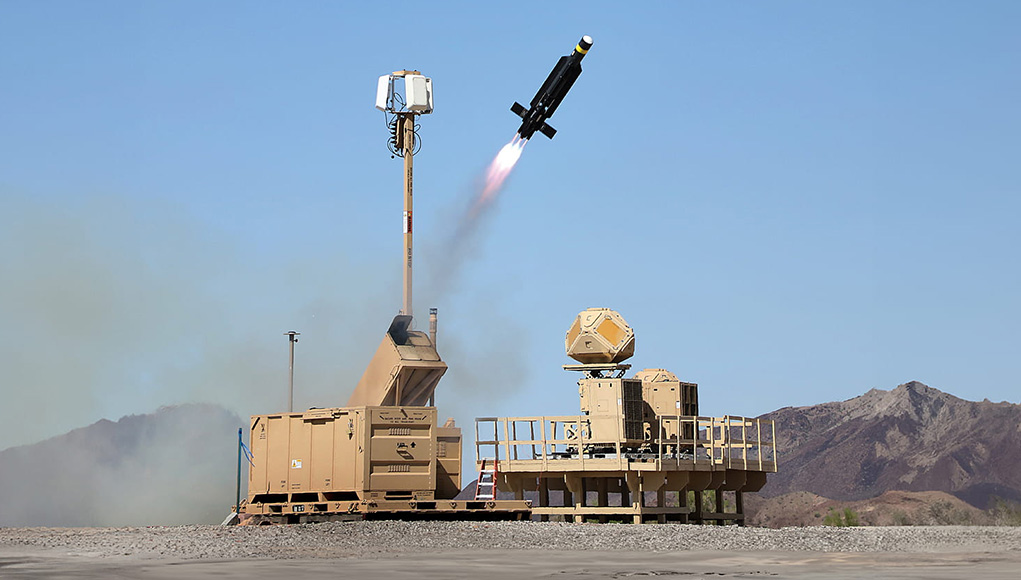 The acquisition responds to the rapid proliferation of unmanned aerial systems across the Middle East, where both state and non-state actors have employed small drones for surveillance, intelligence gathering, and kinetic attacks. Critical infrastructure—including oil and gas facilities, airbases, and seaports—faces heightened risk from low-cost, attritable UAS operations. By deploying FS-LIDS at fixed sites protecting these assets, Qatar strengthens its defensive posture against evolving aerial threats and aligns with broader regional efforts to bolster airspace security.
The acquisition responds to the rapid proliferation of unmanned aerial systems across the Middle East, where both state and non-state actors have employed small drones for surveillance, intelligence gathering, and kinetic attacks. Critical infrastructure—including oil and gas facilities, airbases, and seaports—faces heightened risk from low-cost, attritable UAS operations. By deploying FS-LIDS at fixed sites protecting these assets, Qatar strengthens its defensive posture against evolving aerial threats and aligns with broader regional efforts to bolster airspace security.
As the inaugural foreign sale of FS-LIDS, Qatar’s procurement sets a precedent for next-generation integrated air defense solutions. The deal underscores the deepening defense relationship between the United States and Qatar, which hosts the Al Udeid Air Base—America’s largest military facility in the Middle East. From a U.S. perspective, the sale supports the domestic defense industrial base, promotes interoperability with partner nations, and may pave the way for subsequent foreign military sales of the LIDS family of systems. It also supports a wider defensive array beyond the base that will enhance the protection of US facilities beyond the perimeter.
Qatar’s selection of FS-LIDS reflects a broader trend in the C-UAS market toward multi-layered architectures rather than standalone point defenses. The diverse nature of drone threats—varying in speed, size, altitude, operational mode, and control mechanism—necessitates an integrated approach. Radar provides early warning, EO/IR systems enable visual confirmation, EW effectors disrupt susceptible platforms, and kinetic interceptors neutralize drones that pose immediate risks or employ resilient communication links. The FAAD C2 backbone ensures coordinated management of these elements, optimizing engagement decisions in real-time.
This procurement builds on Raytheon’s expanding production footprint in the UAE, following a November 17, 2023, Memorandum of Understanding with EDGE Group’s engineering arm EPI to produce prototype machined aluminum and assembly parts for the Coyote Block II interceptor and the May 19, 2025 inauguration of a 21,500 sq ft Coyote assembly and testing facility at Abu Dhabi’s Tawazun Industrial Park. These initiatives aim to strengthen local manufacturing capabilities, enhance supply chain resilience, and support the sustained deployment of Raytheon’s C-UAS solutions among U.S. partners in the Gulf.
The $1 billion FS-LIDS contract marks a significant milestone in the global “drone versus anti-drone” dynamic, fuelling continuous innovation on both offense and defense. As more sophisticated C-UAS systems enter service, adversaries will likely develop countermeasures—such as stealthier airframes, advanced swarm tactics, and hardened command links—triggering an action-reaction cycle in unmanned aerial warfare. Qatar’s investment highlights the growing strategic importance of comprehensive C-UAS capabilities and signals an evolving security environment in which integrated defenses become foundational to national resilience.


